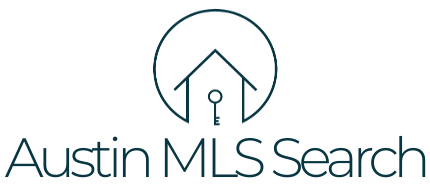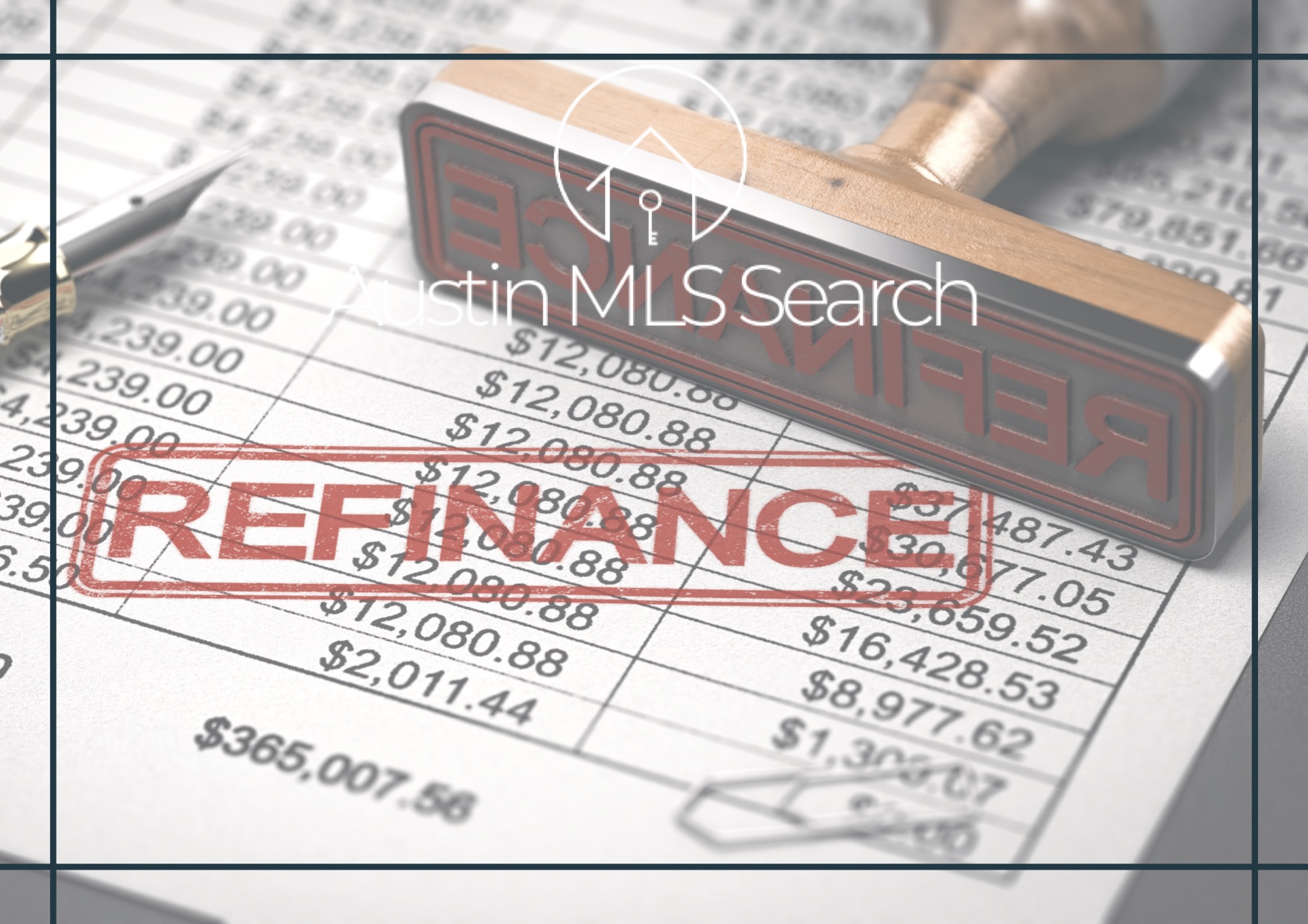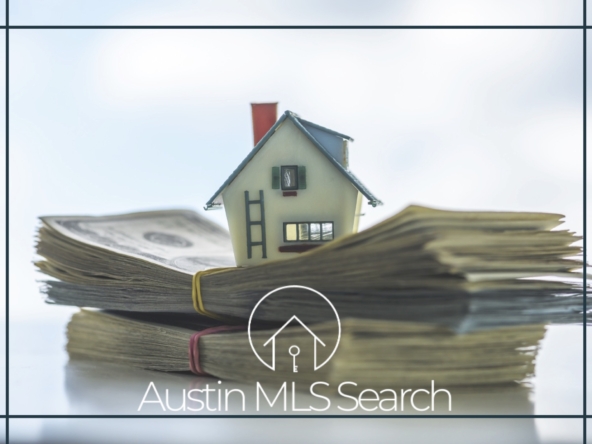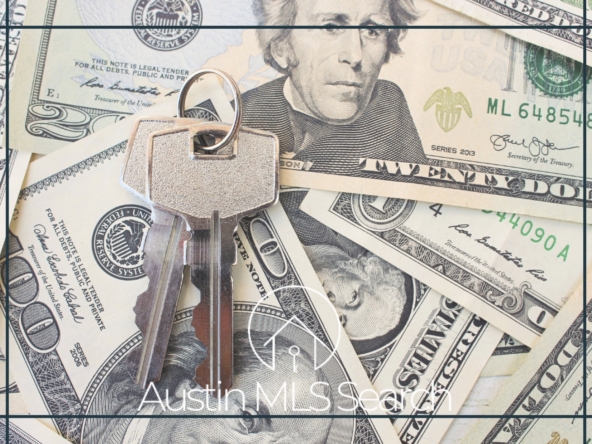Mortgage rates have dropped to historic lows in the past year, causing many to refinance their mortgage. Refinancing your mortgage can help you save money. One report estimated the average savings to be $300 per month after refinancing. But there are some upfront costs you should know about before refinancing your mortgage.
The First Cost of Refinancing: Closing Costs
Closing costs are 2-5% of the remaining amount left on your loan, but it will depend on where you live. Someone living in a rural area with low property taxes will pay less than someone living in a million-dollar home.
According to Freddie Mac, the average closing cost of refinancing your mortgage is about $5,000. The price should be similar to what you paid when you purchased your home as it will also include the loan origination fee and the following:
- Government recording costs
- Appraisal fees
- Credit report fees
- Lender origination fees
- Title services
- Tax service fees
- Survey fees
- Attorney fees
- Underwriting fees
Use this mortgage refinance calculator by Freddie Mac as a starting point to get an estimate.
Second Cost: Fees
Additional fees for the application, credit reports, home appraisal, and title searches can also be added to your closing costs. These can add up to a few hundreds of dollars to a few thousand dollars, depending on your lender, the area of your home, and the home inspection. The downside to these fees is you have to pay them whether you are approved or denied.
Other related fees that can be tacked on are prepayment penalties. The purpose of prepayment penalties is for the lender to discourage the loanee from ending the current loan early. These come as one to six months of interest payments. If you pay your mortgage on time each month, your prepayment penalties should be lower.
The next set of fees would be the title search and insurance, and these are the most expensive. These can cost around $600 to $1,000. Title search fees relate to having to get a title insurance policy for your lender. It will protect the home in case there is a problem with the title of the house. This can be a long process.
An Alternative: No-Closing-Cost Refinance
An alternative to a traditional refinancing with closing costs is a no-closing-cost refinance. While initially, it sounds like it saves you money, always check the math as you could be paying the same amount, or worse, more.
How it works: rather than being paid upfront, the closing costs are financed into the new loan, which increases the annual percentage rate (generally, the APR is a combination of the interest rate and any fees financed into the loan). If you go the no-closing-cost route, you’ll usually end up paying more money due to a higher annual percentage rate.
Some of the costs and fees can be negotiated with your lender, while some will vary depending on your home and its location. If you need help finding a credible lender, view our recommended mortgage lenders here. If you need a professional REALTOR®, contact one here!




